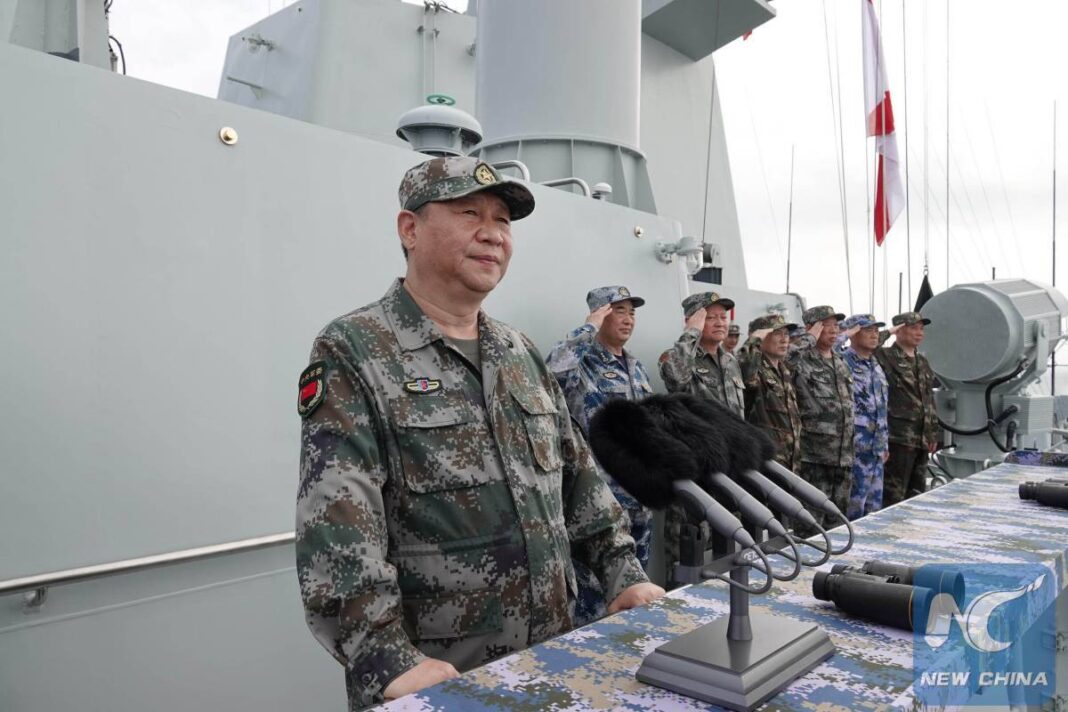Marking International Human Rights Day on December 10, some 100 protesters joined the protest rally to condemn China for violating human rights in the Dutch city of Amsterdam city.
Despite the election of Xi Jinping for an unprecedented third term, the Chinese Communist Party (CCP) continues to face leadership challenges such as the test of long-term rule, reform and modernisation, revive the market economy and of the external environment, according to di Valerio Fabbri writing in Geopolitica.Info.
The primary cause behind the loss of faith in Xi’s leadership as well as that of the CCP by the Chinese masses is attributed to passive corruption, party’s authoritarian style of working and the separation of government from the masses.
According to Liu Haixing, deputy director of the Central National Security Commission office, who recently wrote an article in People’s Daily on national security issues and was quoted by Fabbri in Geopolitica.Info, the national challenges facing the communist government are bound to create new problems in future.
In his article which discusses difficulties faced by China in terms of political means, Haixing quotes President Xi Jinping’s report from the 20th Party Congress, which notes that the nation has entered a developmental phase in which strategic opportunities, risks, and difficulties are present, however uncertainties and unanticipated factors are growing. Haixing issues a warning that various “grey rhino” and “black swan” disasters could happen at any time.
The CCP has persistent and recurrent issues with its working methods, the establishment of a clean government, and its anti-corruption initiatives. The Covid turmoil unravels, shocking the party leadership for the first time since the Tiananmen Square riots, making this observation almost prophetic, as per Geopolitica.Info.
Regarding the domestic issues, Liu argues that the issue of unbalanced and insufficient development is still a major issue, economic development is dealing with the triple pressure of demand contraction, supply shock, and weakening expectations, the reform task is still difficult, significant bottlenecks still exist in terms of China’s capacity for science and technology innovation, and the security of supply chains involving food, energy, and resources is put to a significant test.
Notably, the recent unrest seen in China was on November 24 when a fire tore through a residential building in the Xinjiang Uyghur Autonomous Region’s capital Urumqi. After the incident, citizens circulated the videos on the internet space, with residents screaming and demanding authorities to open exits. The residents said they were closed under strict Covid-19 restrictions that have been in place for more than 100 days and have caused widespread hardship.
Furthermore, if national security matters are to be concerned, Chinese President Xi Jinping has ensured that armed forces make preparations to focus their energy on efficiency to launch wars, bolster their ability to win and effectively fulfil the “missions and tasks” of the army in the “new era.”
As per the Hong Kong Post, Chinese armed forces must “resolutely be loyal” to Xi Jinping and “support, safeguard and defend” the leadership to the core.

